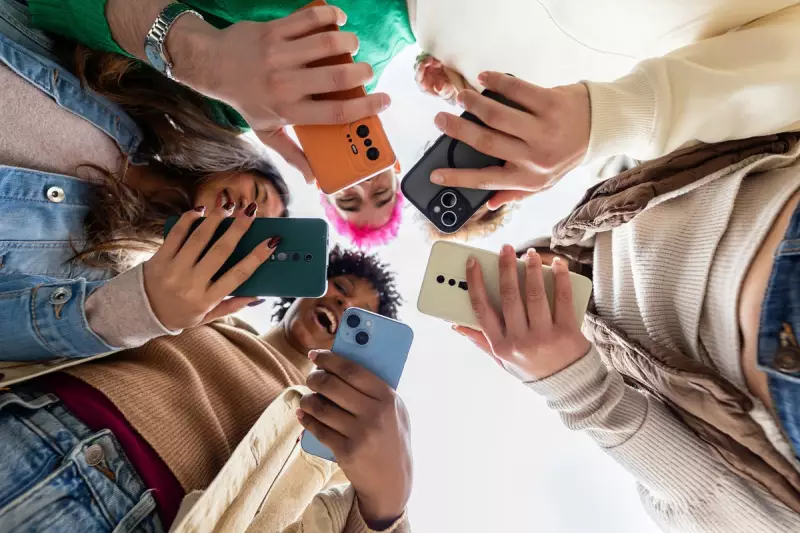
Are you truly addicted to your social media apps, or is it just a deeply ingrained habit? A new study suggests that for the vast majority of users, it's the latter.
Habit, Not Clinical Addiction, Drives Scrolling
Fresh research indicates that while many people report feeling dependent on platforms like Instagram, their usage typically lacks the clinical hallmarks of a genuine addiction. The study, which focused on Instagram users, found that only two per cent displayed symptoms consistent with a clinical diagnosis, such as intense cravings or experiencing withdrawal when not using the app.
This revelation challenges the widespread perception of social media overuse as a behavioural addiction. Psychologists involved in the research note that the behaviour is more accurately classified as a problematic habit, albeit one with significant real-world consequences.
The Real Impact on Mental Wellbeing
Despite the lack of clinical addiction in most cases, the correlation between heavy social media use and negative mental health outcomes remains strong. Experts point to a clear link with issues including poor body image, heightened anxiety, and low self-esteem.
These findings are particularly relevant in the UK, where nearly half of all British teenagers report feeling addicted to their social media accounts. This sentiment is echoed in global data, which shows a marked increase in problematic usage patterns among young people worldwide.
How Media Framing Shapes Our Perception
The study also highlights a powerful external factor influencing how we view our screen time: the media. Researchers suggest that the frequent portrayal of social media use as an “addiction” in news reports and public discourse directly affects users' own perceptions.
This framing can lead individuals to believe they have less control over their usage than they actually do, potentially exacerbating feelings of helplessness. The narrative itself becomes part of the psychological impact.
The research was published on Thursday 27 November 2025, offering a nuanced perspective on one of the most debated topics of the digital age. It concludes that for most, endless scrolling is a powerful modern habit, but stopping it may be more within our power than we think.





